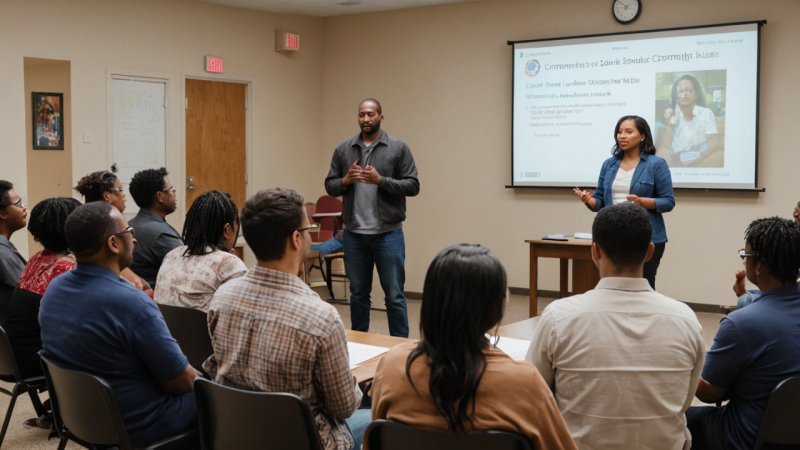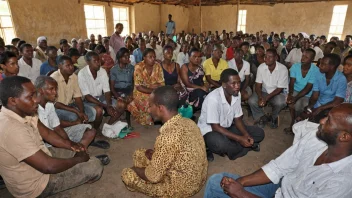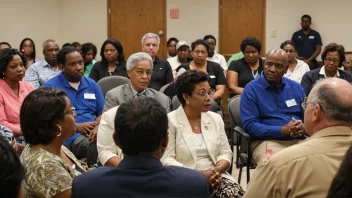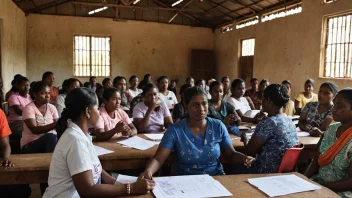Racial disparities continue to affect communities across the globe, influencing access to healthcare, education, and economic opportunities. Addressing these disparities requires a concerted effort from individuals and organizations alike. Community action can serve as a powerful tool for change, promoting social justice and equality.
One of the most impactful ways to combat racial disparities is through education and awareness. Communities can organize workshops, seminars, and discussion groups that focus on the history and impact of systemic racism. By educating individuals about the structures that perpetuate inequality, communities can empower their members to advocate for change.
In addition to education, community service initiatives can directly address the needs of marginalized groups. Local organizations can partner with schools, healthcare facilities, and social services to provide resources and support. For example, tutoring programs can help bridge the educational gap for students of color, while health fairs can offer free screenings and health education tailored to underserved populations.
Moreover, fostering inclusive environments where all voices are heard is essential. Community forums can facilitate open dialogues about the challenges faced by different racial groups, allowing for collaborative problem-solving. Engaging community leaders and stakeholders in these discussions can amplify the message and mobilize resources toward effective solutions.
Another crucial aspect of addressing racial disparities is advocating for policy changes at the local and national levels. Community members can organize campaigns to support legislation aimed at dismantling systemic barriers. Grassroots movements have shown that collective action can lead to significant policy reforms, such as increasing funding for public schools in low-income areas or implementing fair housing practices.
It is also important to recognize and support local businesses owned by individuals from marginalized communities. By choosing to shop at these businesses and promoting them within the community, individuals can help stimulate economic growth and create job opportunities. This not only uplifts the community but also fosters a sense of pride and ownership.
Finally, spiritual support and mental health resources can play a pivotal role in the healing process for communities affected by racial injustice. Offering counseling services, support groups, and safe spaces for individuals to express their experiences can help foster resilience and solidarity.
In conclusion, addressing racial disparities through community action requires a multi-faceted approach that includes education, service, advocacy, and support. By coming together as a community, individuals can create meaningful change and work towards a more just and equitable society. Everyone has a role to play in this important movement, and collective effort can lead to transformative outcomes.






